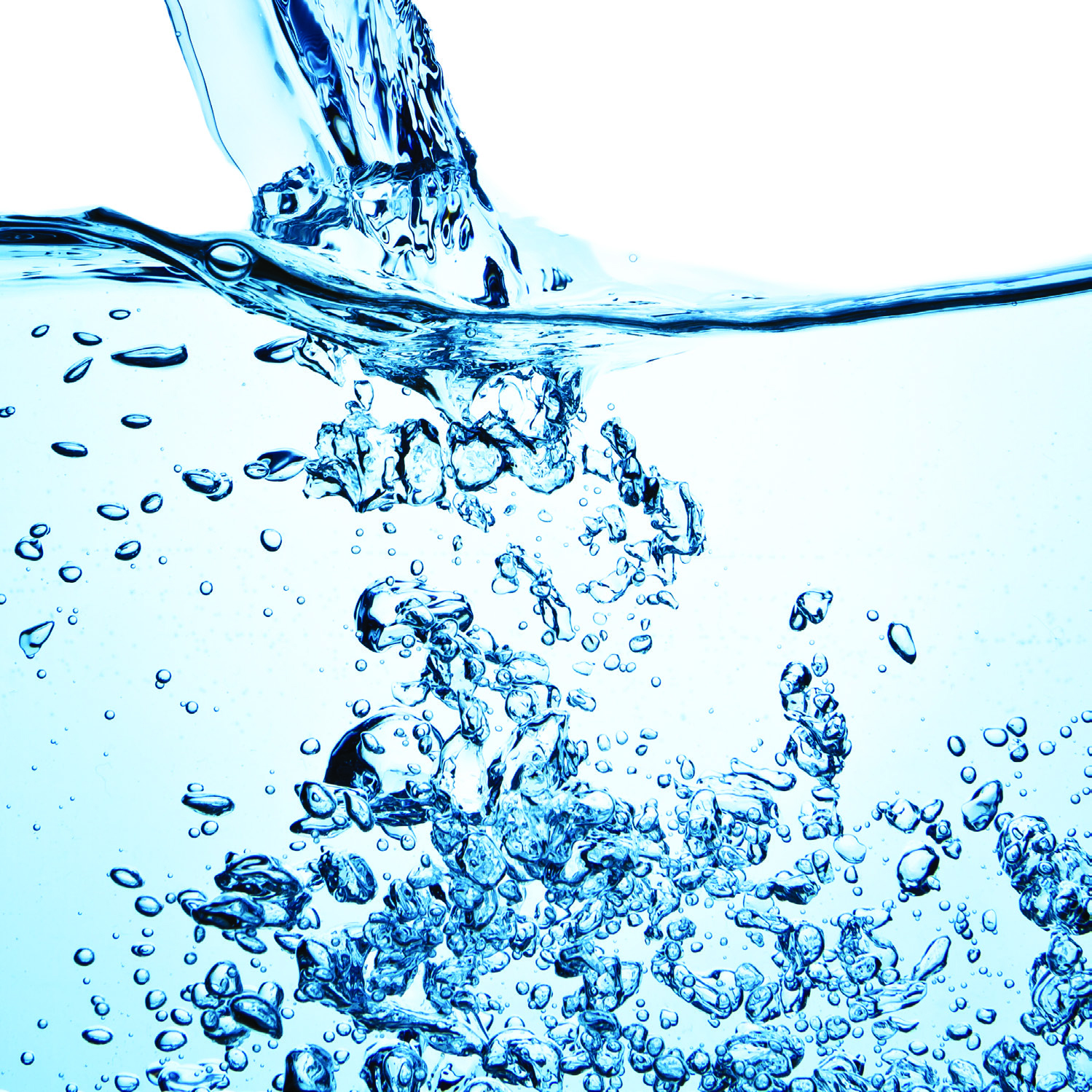About Passivation
Passivation is a finishing process that is used to remove any surface impurities and reinforce the thin oxide layer found on many metal components. This process is critical for clients in biotechnology, pharmaceuticals, and other industries where cleanliness and corrosion resistance are non-negotiable.
At Cleansol, we can provide passivation services to help your stainless steel components last longer, perform better, and stay cleaner while maintaining their appearance. Discover how our expert services restore and enhance corrosion resistance, making your parts more durable and reliable.


